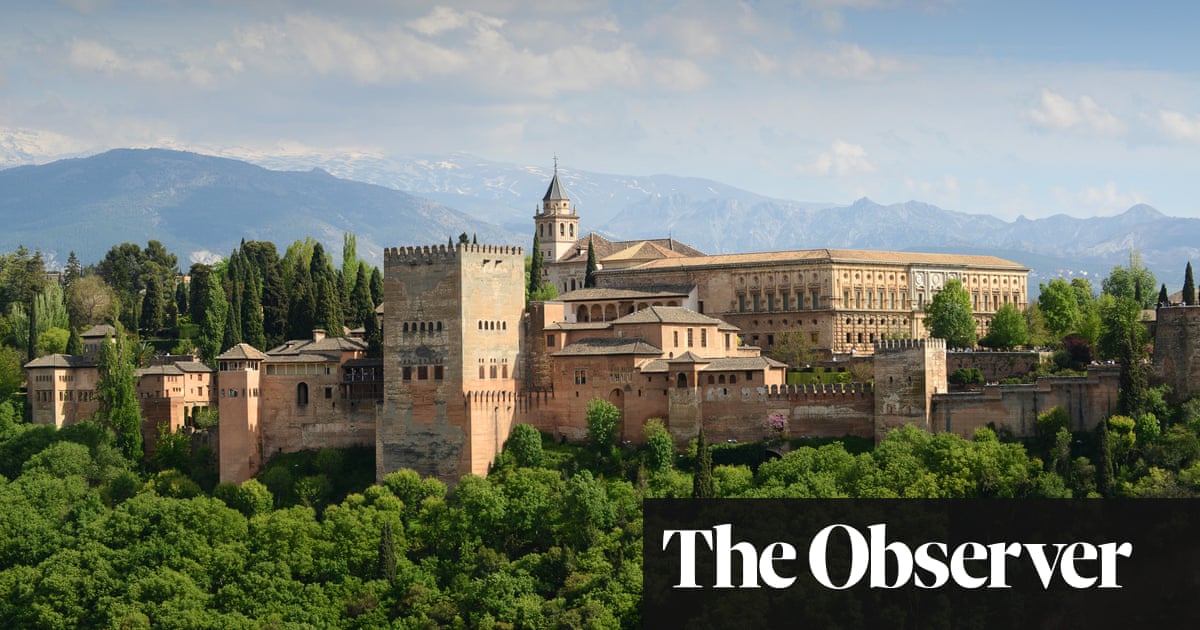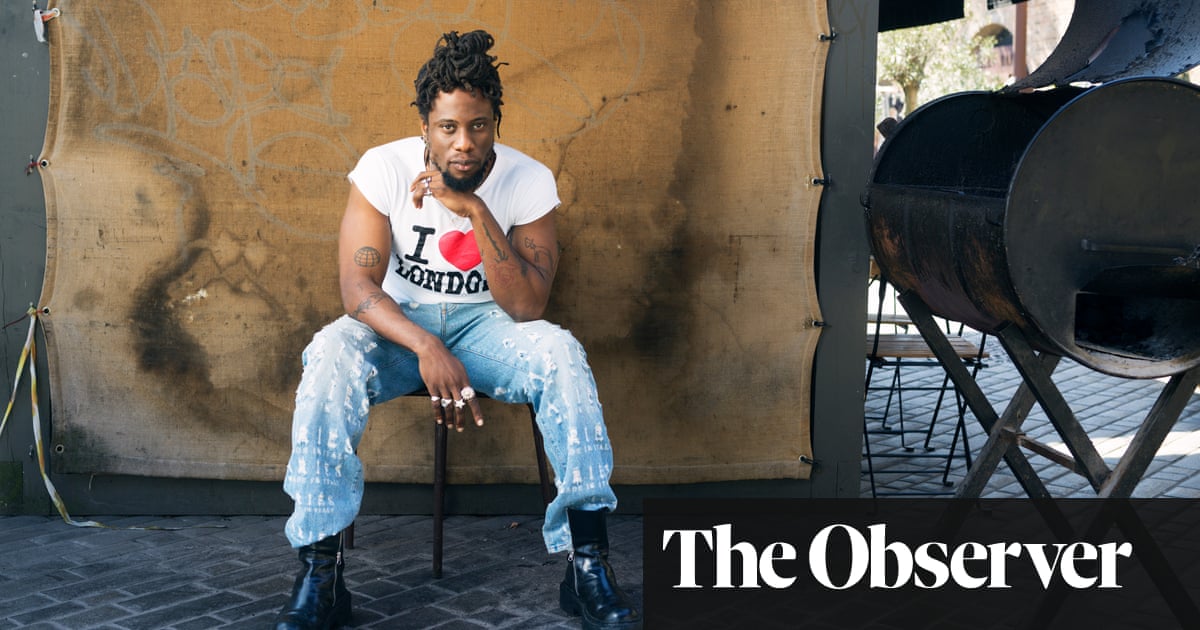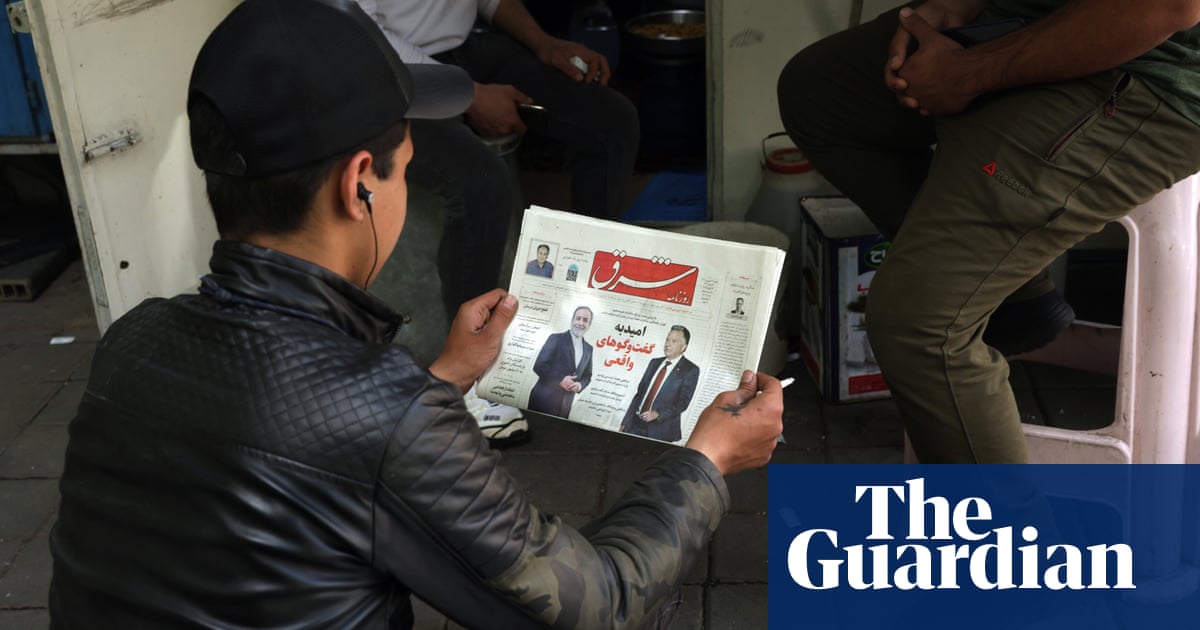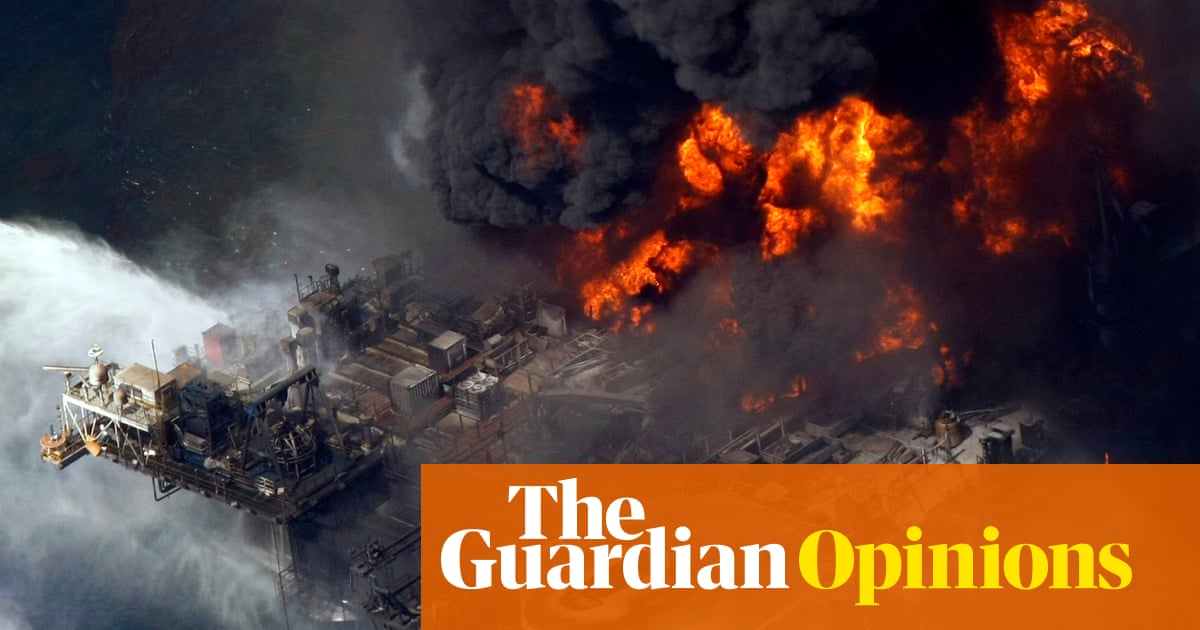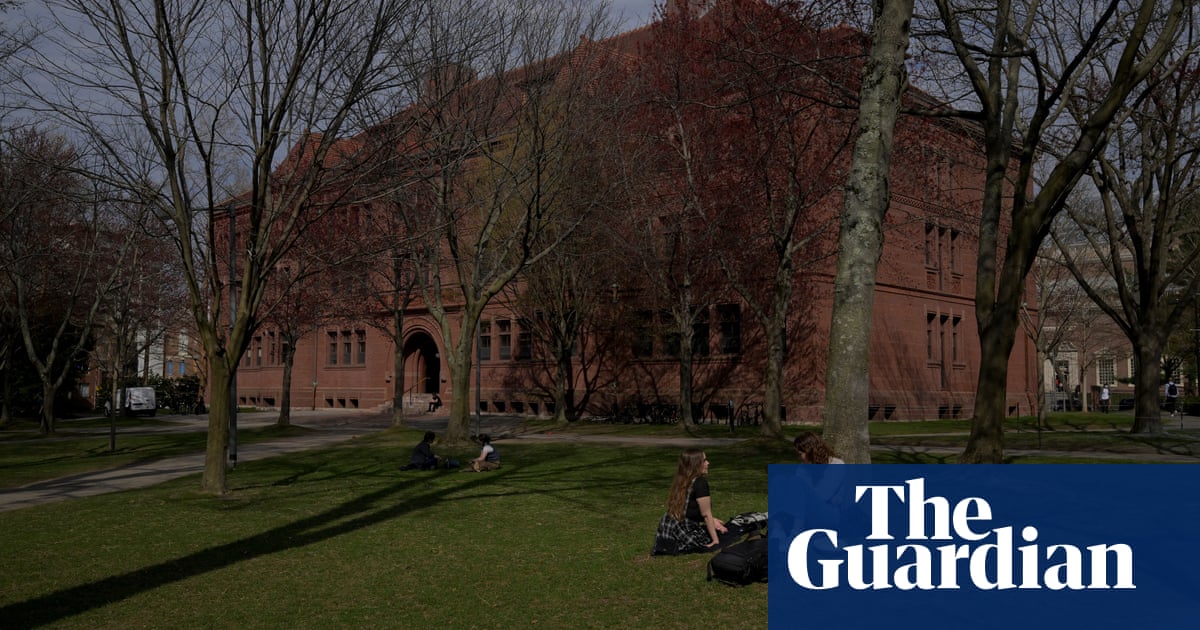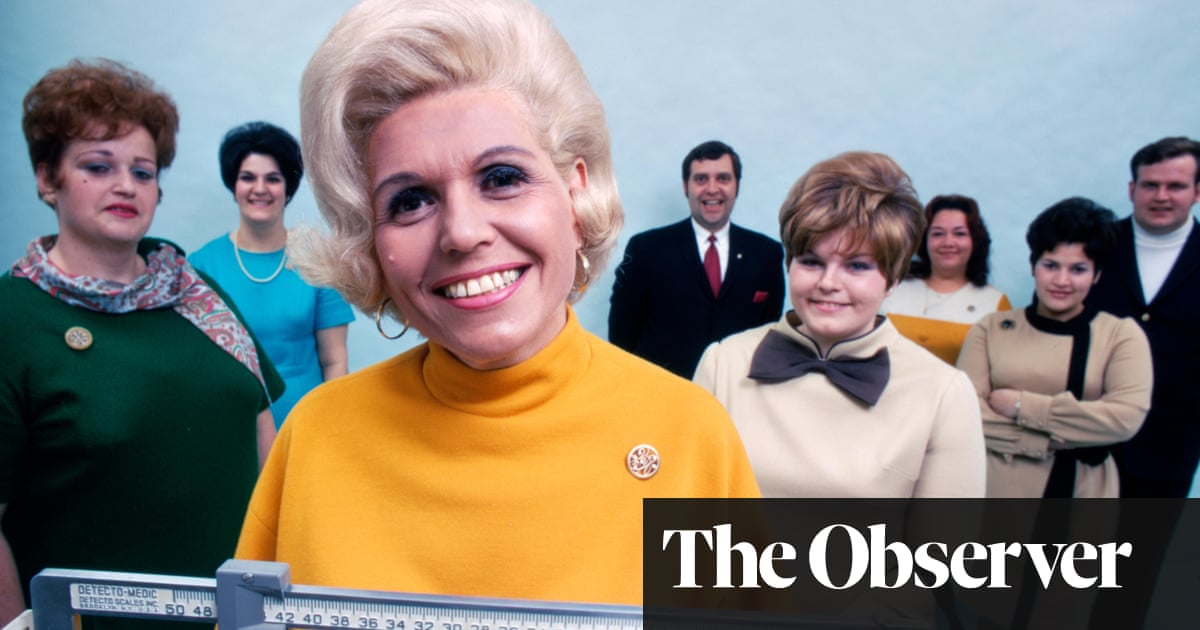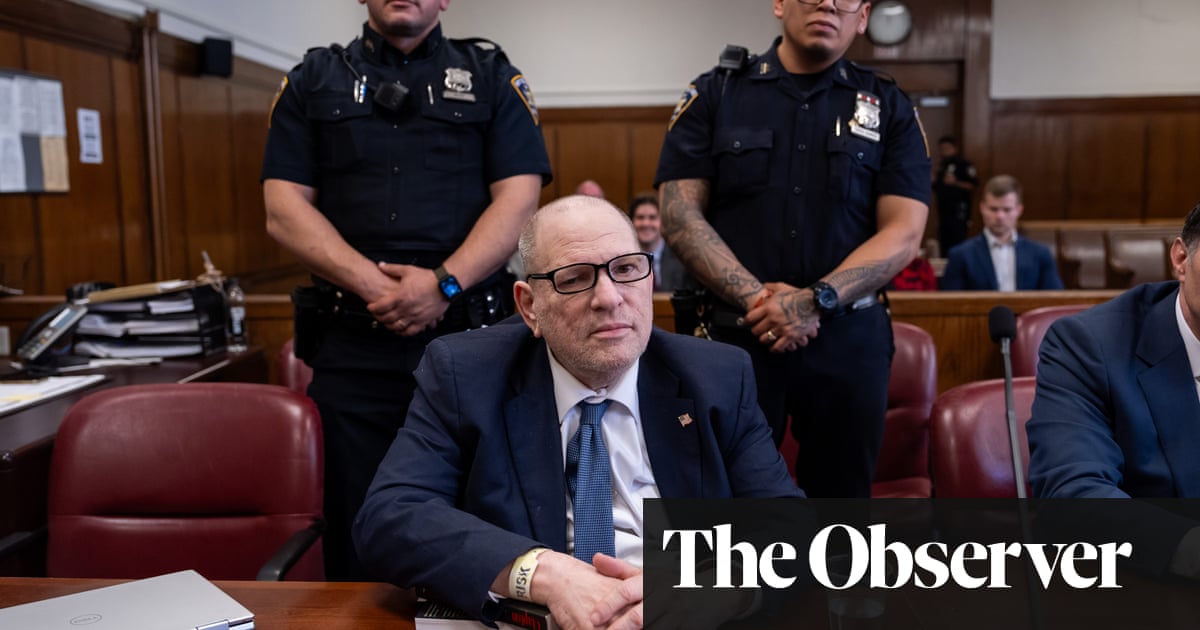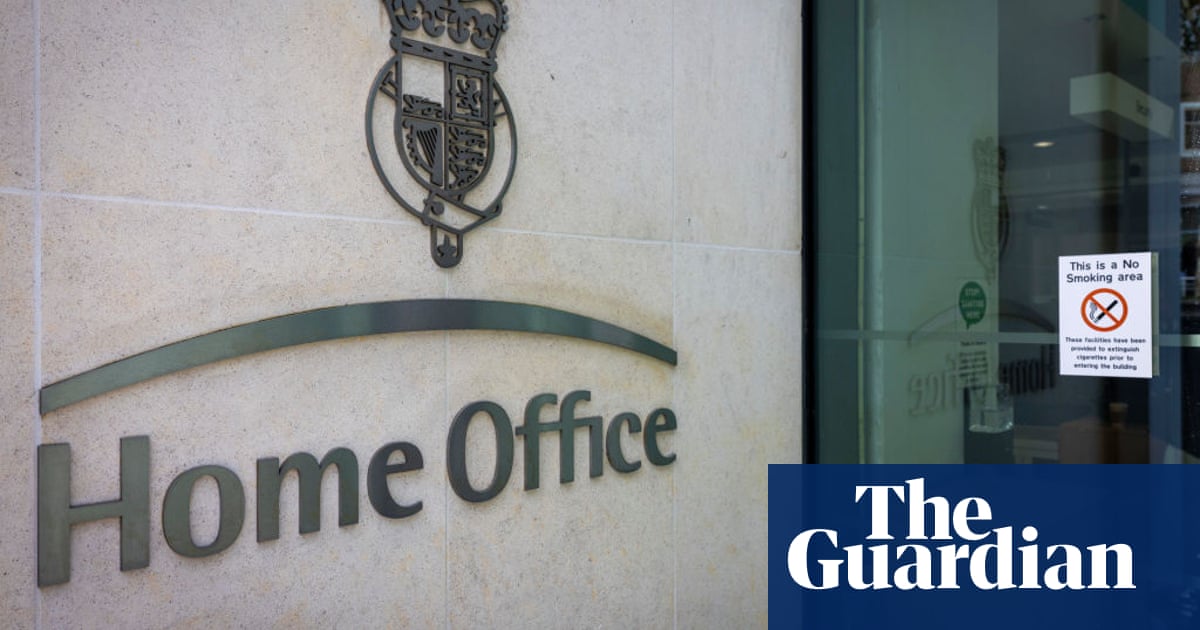In the four months since Donald Trump accused Mark Zuckerberg of conspiring against him during the 2020 presidential election and threatened him with life imprisonment, the Meta CEO has gone to great lengths to curry favor with the incoming president.
Shortly after Trump’s victory in November, Zuckerberg traveled to Mar-a-Lago to dine with the president-elect and his transition team, even donating $1m to Trump’s inauguration fund. He has also culled Meta’s third party fact-checking program, lifting restrictions on topics like immigration and gender. And this week, Zuckerberg took his efforts to align with the incoming administration a step further by appointing Dana White – the CEO of the Ultimate Fighting Championship (UFC) and a close Trump ally – to Meta’s board of directors.
“I’ve never been interested in joining a board of directors until I got the offer to join Meta’s board. I am a huge believer that social media and AI are the future,” White said in Meta’s official press release. “I am very excited to join this incredible team and to learn more about this business from the inside. There is nothing I love more than building brands, and I look forward to helping take Meta to the next level.”
In the press release, Zuckerberg noted how White, along with fellow new board members John Elkann and Charlie Songhurst, would help Meta “tackle the massive opportunities ahead with AI, wearables, and the future of human connection.” However, given that White – a fight promoter and seasoned hype man – has little experience in any of these areas, his appointment appears to be a calculated move by Zuckerberg to solidify ties with Trump through one of his closest and most influential allies.
White’s friendship with Trump dates back to 2001, when the UFC president was still trying to convince the world that MMA was more than a blood sport. As the UFC was struggling to find a home for its events, Trump took a chance and offered up his Taj Mahal casino in Atlantic City for two consecutive events.
White has since credited Trump for helping the UFC during a difficult period in its history. And though the story is mere marketing lore, it helped establish a compelling narrative for the growing alliance between the two men and their respective brands.
White has stumped for Trump at three Republican National Conventions and a slew of campaign rallies. He traveled with the president-elect on Air Force One and produced a UFC documentary on Trump entitled Combatant-in-Chief. White even spoke at Trump’s victory speech following the 2024 election. “This is what happens when the machine comes after you,” White said at the time. “This is karma, ladies and gentlemen. He deserves this.”
Over the past few years, Trump frequently attended UFC events, basking in the admiration of the young, predominantly male crowd. He cultivated relationships with fighters, leveraging their support to portray himself as a symbolic strongman. He embraced the UFC’s culture of defiance, machismo and spectacle to help buttress his image as a rebel against liberal norms. It has also hastened the replacement of America’s conventional political culture with an abrasive new blend of entertainment and confrontational politics, perfectly embodied by both Trump and White.
While White even helped connect Trump with the podcast hosts and influencers such as Joe Rogan, Theo Von and the Nelk Boys, all of whom would play a significant role in helping Trump connect with a younger audience, he later admitted he wasn’t interested in entering the political arena himself. “I want nothing to do with this shit. It’s gross. It’s disgusting,” White told the New Yorker.
Nevertheless, White’s close relationship with Trump has helped elevate the cage-fighting impresario into a business executive with more political cache than most of Washington’s elites. His positioning at the intersection of sports, business, and fight culture also made him a conduit to brands looking to score points with conservative audiences. For example, when Bud Light faced a major right-wing backlash for featuring trans influencer Dylan Mulvaney in one of their promotional campaigns, the organization signed a deal with the UFC to become the organization’s official beer. White took it upon himself to defend Bud Light, arguing that “if you consider yourself a patriot, you should be drinking gallons of Bud Light.”
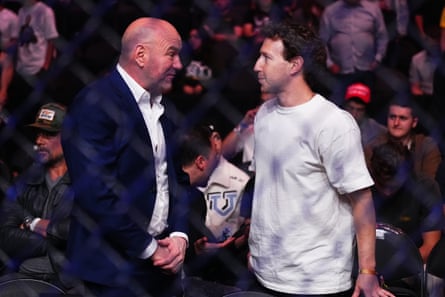
Even Zuckerberg has found himself drawn into White’s orbit. The two men have bonded over their shared interest in MMA, which the billionaire took up in 2022. That year, Meta announced a partnership with the UFC that brought UFC’s streaming video service to Meta Horizon Worlds, a virtual reality platform. They also discussed introducing artificial intelligence to the UFC’s troubled fighter ranking system.
In 2023, White attempted to broker a fight between Zuckerberg and Elon Musk, another tech billionaire and Trump ally. Musk eventually pulled out of the fight, citing a lingering injury, and blamed Zuckerberg for refusing to reschedule the bout.
Despite their blossoming friendship, White’s appointment to the board of directors of Zuckerberg’s organization drew criticism from Meta employees.
Shortly following Meta’s announcement, employees took to Workplace, Meta’s business communications platform, to share their thoughts. Some posed questions and criticisms, including why Meta was working with a man who slapped his wife in public and faced no consequences for his actions. Others made jokes asking whether performance reviews would now involve MMA fights.
“We hire Conor [McGregor] next for after work sparring?,” one employee commented in a post reviewed by technology outlet 404 Media. McGregor was held liable for sexual assault in November 2024 and is currently appealing the decision.
In response to the slew of criticism, Meta deleted several of the internal posts, citing violations in guidelines governing employee communications. For a company that claimed it was “time to get back to our roots around free expression” earlier that same day, the decision to censor some of the employee criticism was bitterly ironic. It also drew parallels with the White’s own approach to handling criticism at the UFC.
Much like Trump, White is notoriously sensitive and thin-skinned when it comes to the media. In the lead-up to the UFC sale in 2016, he blacklisted journalist Ariel Helwani for stealing his thunder and breaking a UFC story before White had a chance to announce it himself. While Helwani’s ban was quickly lifted, numerous other journalists, myself included, have faced his wrath and received lifetime bans from covering the UFC. For example, I was banned for my critical coverage of the organization, including reporting on its ties to Chechen dictator Ramzan Kadyrov.
White’s strong-arm approach to public relations, which includes abusive outbursts at media members, is part of the promotion’s strategy to control journalists, and by extension, the narratives surrounding a particular event. Due to the constant fear of having their press credentials rescinded, beat reporters in attendance are discouraged from asking difficult questions that would reflect poorly on the UFC. These include topics such as unionization, fighter pay, or the UFC’s affiliation with several authoritarian regimes around the world. This is the sort of experience that White brings to Meta.
Zuckerberg’s frantic efforts to appease Trump seem to have paid off. Earlier this week, the president-elect praised Meta for changing how it moderates political content, even speculating whether the policy shift was a direct response to the threats he directed at Zuckerberg.
“Honestly, I think they have come a long way, Meta, Facebook” Trump said.
-
Karim Zidan writes a regular newsletter on the intersection of sports and authoritarian politics.

 3 months ago
49
3 months ago
49




